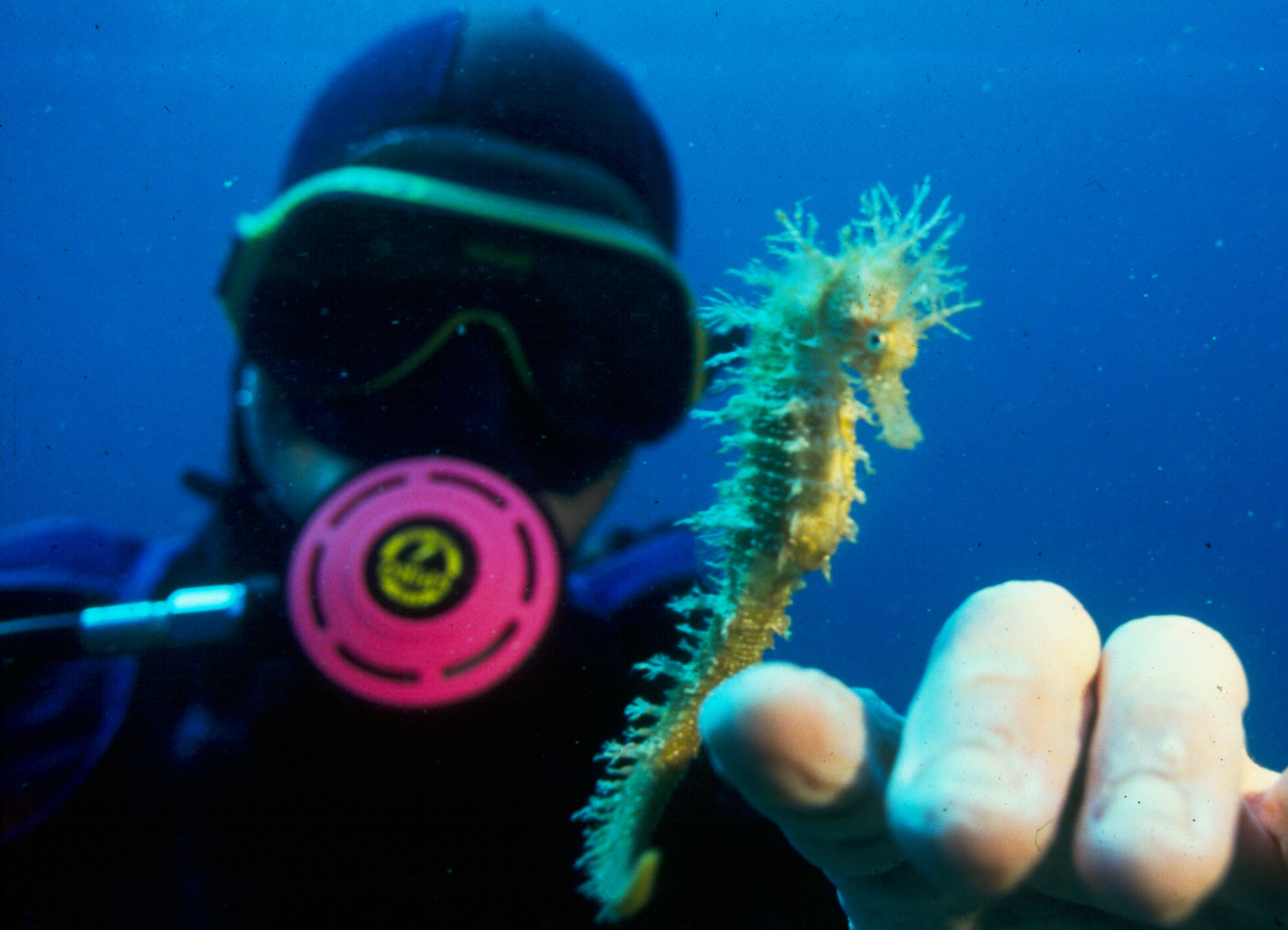Leisure and Well-being
People, the sea and leisure
In the late eighteenth century, many places along the coasts of Europe used seawater therapeutically, and sanatoriums and seaside resorts were widespread until the 1920s. At the time, health professionals recommended "sea bathing" to treat various bone, respiratory and circulatory problems. From then onwards, the beach and the coast became associated with leisure pursuits. Current studies are rediscovering the importance of leisure activities on the beach and the beneficial effects of the sea on health, bearing in mind the need to take appropriate measures of protection (for example, when in the sun, keeping in mind that skin cancer is on the increase).
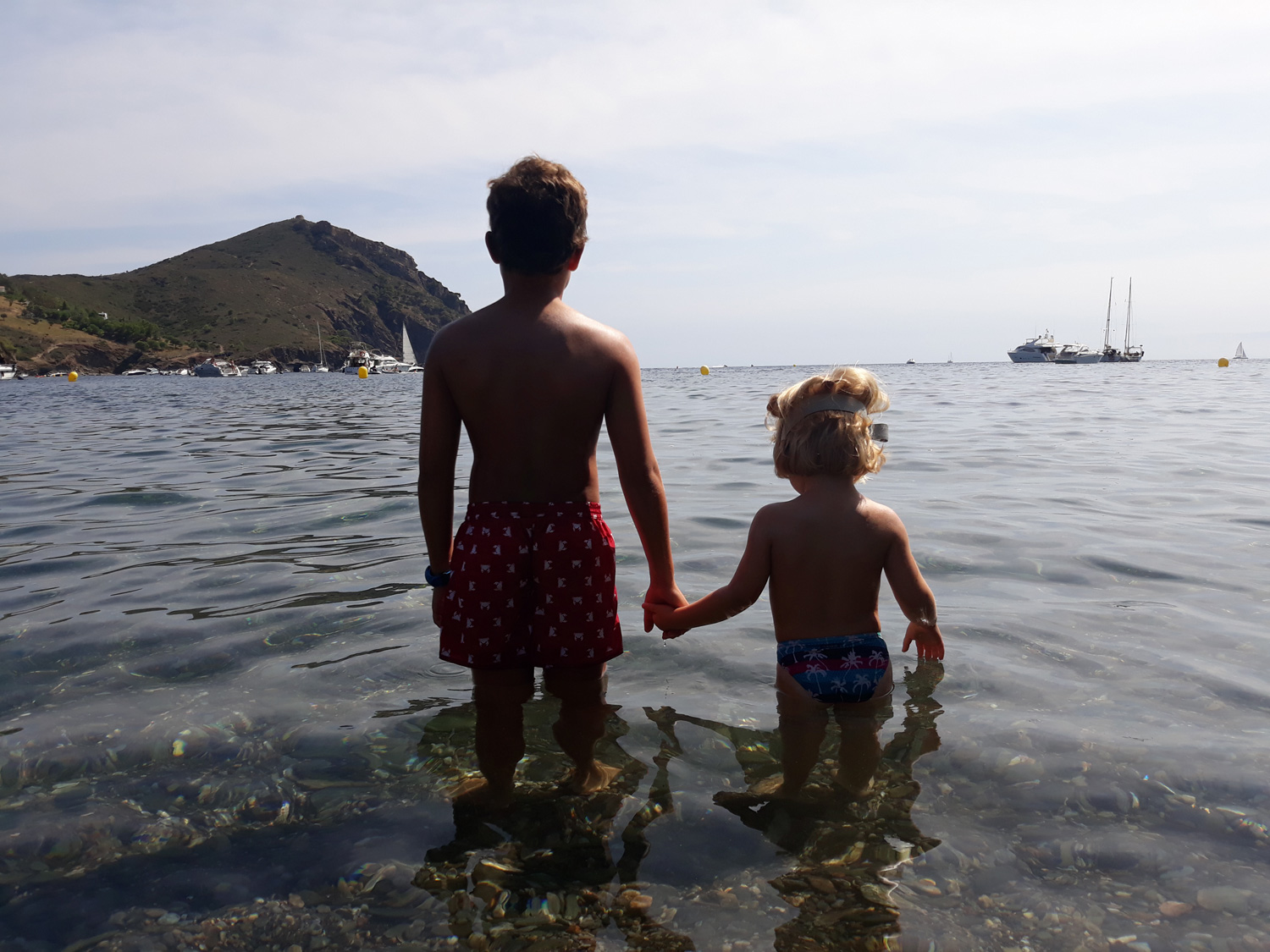
How do outdoor activities benefit physical and mental health?
Natural spaces can help reduce stress, encourage physical activity, sports, and social relationships, thus improving people’s physical and psychological health. Various studies have proved the following:
- Adults tend to increase physical activity when they have access to natural environments. This helps increase their physical fitness and reduces the risk of obesity or cardiovascular disease.
- Carrying out activities in natural environments improves people’s mental health: they feel happier, and less stressed, notice increased cognitive ability and have a greater connection with nature.
- Doing activities in nature reduces symptoms of Attention-Deficit /Hyperactive Disorder (ADHD) in children, and helps them to concentrate better.
Several countries around the world have set up wide ranging sports initiatives such as Children & Nature Network in the United States, Nature Play in Australia and Love Outdoor Play and Blue Gym in the United Kingdom. These initiatives seek to increase the time children and adults spend in natural surroundings in order to improve their health and well-being.
The health benefits of water sports (diving, kayaking, sailing, swimming, etc.) and doing activities on the coast (walking or running on the beach and pathways near the coast, etc.) are multiple, and water-based activities can be even more beneficial than those which take place in land-based environments.
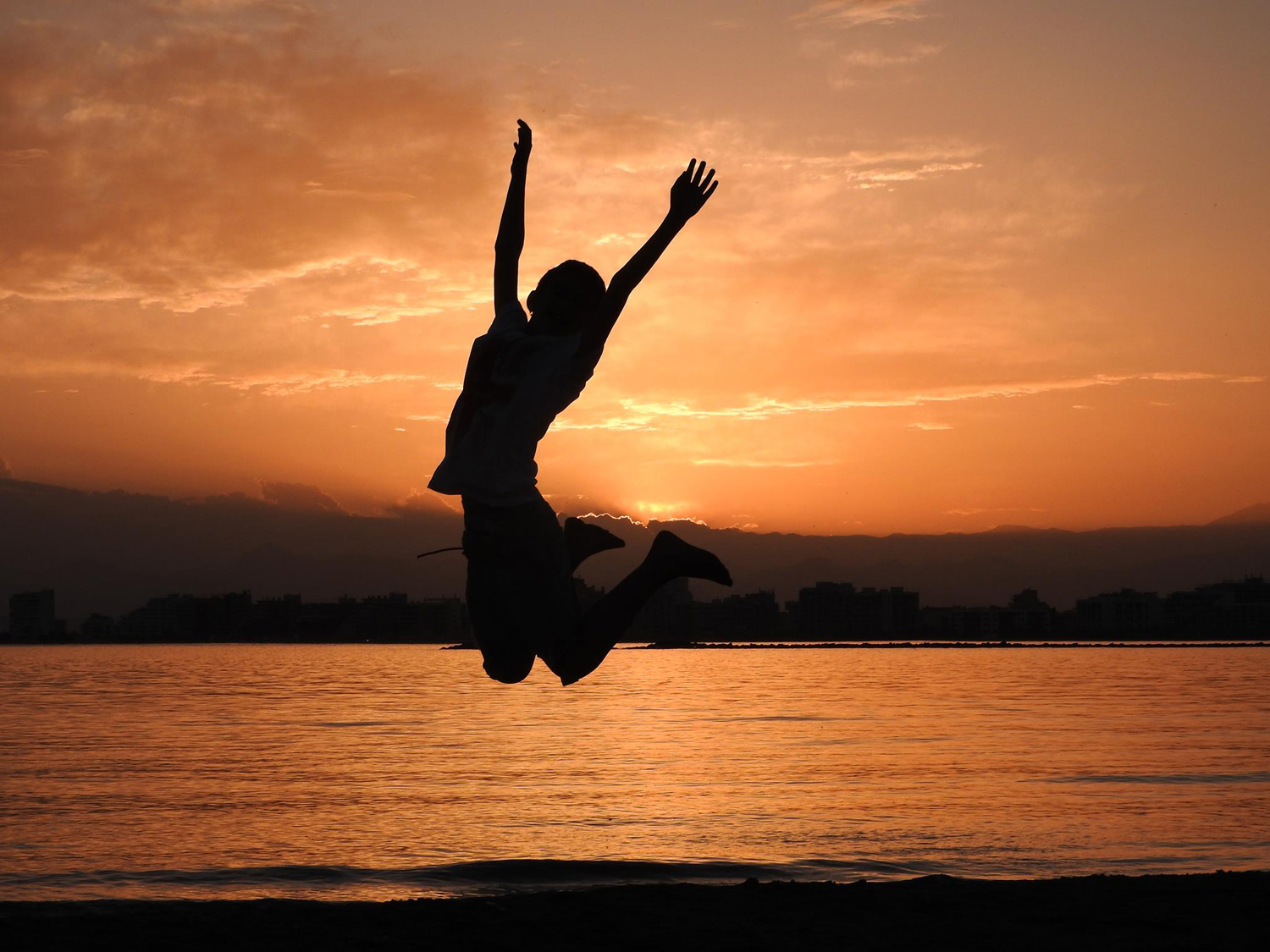
Swimming
In general, swimming reduces symptoms of anxiety caused by stress, and can also improve various psychological problems in autistic children.
Swimming can also improve cardiorespiratory fitness or stamina in healthy children and young people, pregnant women, children with asthma and adults with osteoarthritis.
Although most studies have been conducted in indoor settings such as swimming pools, the few studies carried out in natural environments conclude that swimming in cold waters is an activity that contributes to a healthy lifestyle, and is linked to lower levels of obesity among swimmers compared to the general population.
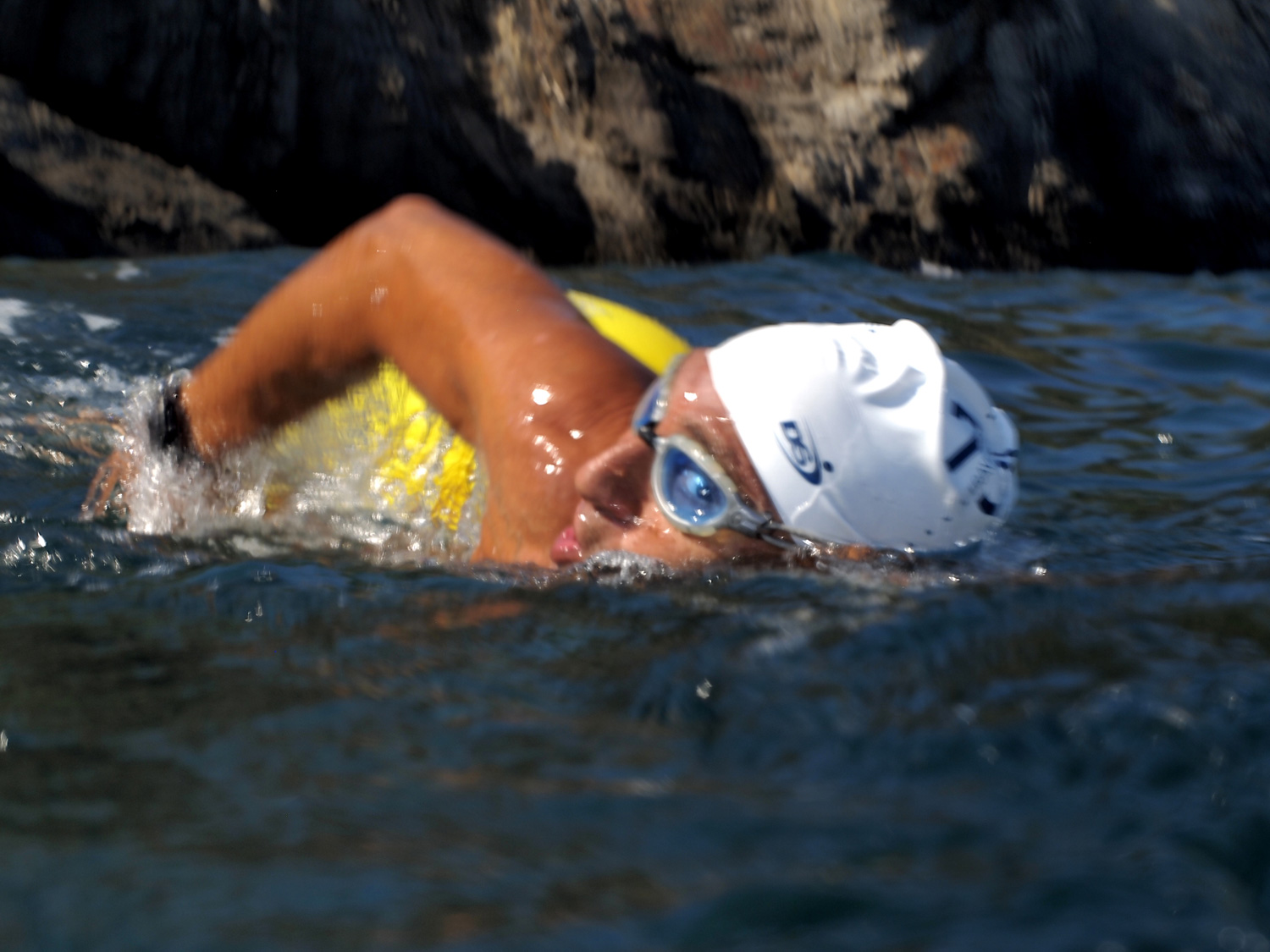
Kayaking
Kayaking improves balance as the paddling movement works the torso muscles, making it an ideal exercise for improving balance, and thus preventing falls, especially in the elderly.
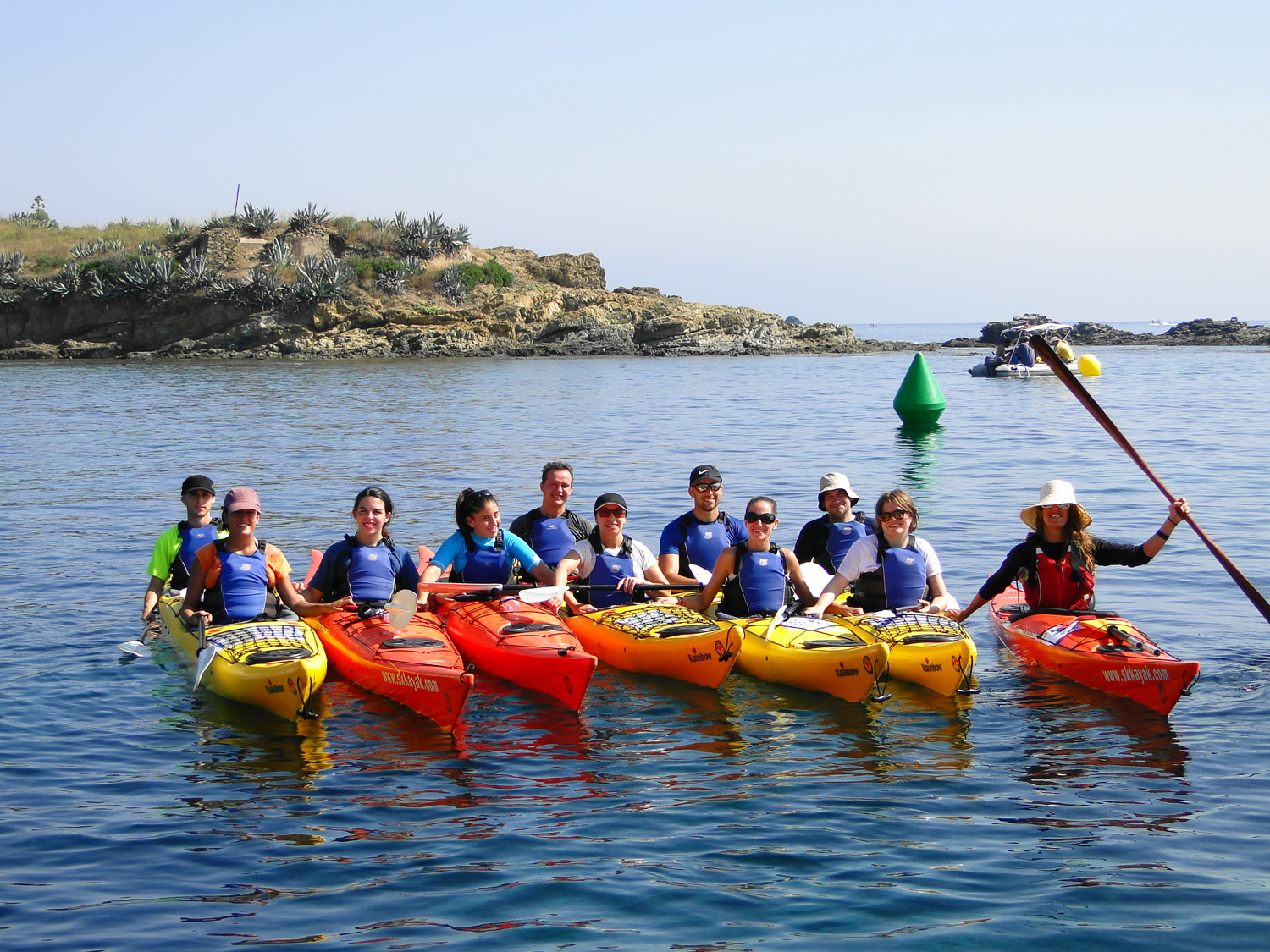
Sailing
Adaptive sailing can be a positive experience for people with disabilities as it is a means of social integration. It also boosts their physical and psychological health by bringing participants into direct contact with sports and nature, and reinforcing the cohesion of the group, helping them to create new ties and friendships.
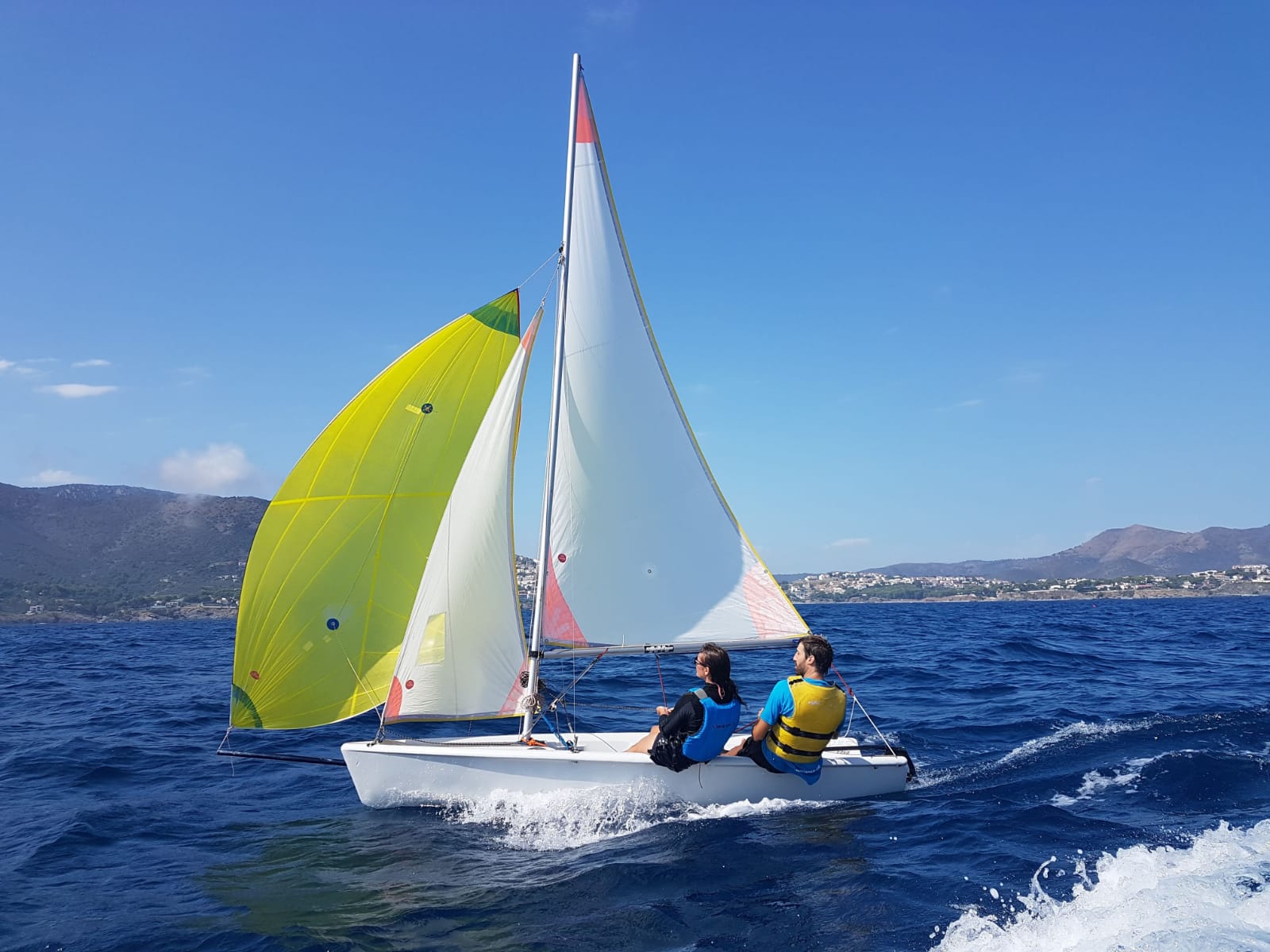
Diving
Diving has the potential to benefit people injured in combat by offering relief from chronic pain and depression. In general, diving has more positive effects on mental health than other sports.
Several experienced scuba diving instructors and guides have observed possible improvements in physical and mental health in paraplegics, and those suffering from chronic pain, Parkinson's disease and autism, although this still needs to be proven through future scientific research.
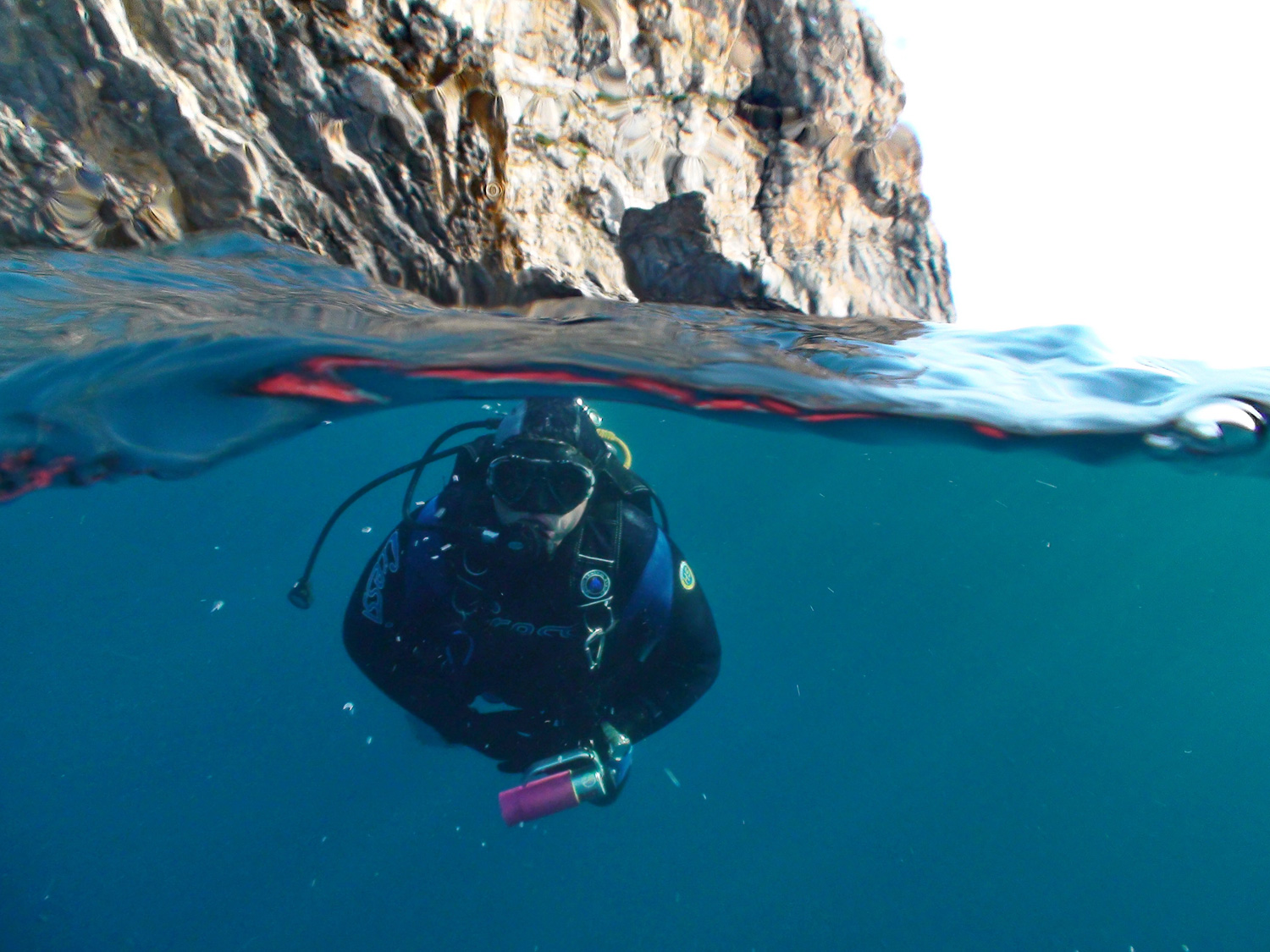
Blue Spaces
Blue spaces are outdoor environments with areas of water directly or indirectly accessible to humans (for example watching the sea or listening to the sound of waves). Although it is accepted that exposure to blue spaces benefits health and well-being, the underlying reasons are still not fully understood, and further research is required in order to gain insights into how the sea and living near the sea contributes a longer and healthier life.
A journalist from the National Geographic magazine defined "Blue Zones" as areas where, on average, people live longer (with a high percentage of centenarians) and enjoy a better quality of life. Many of these areas are located on the coast, and are often islands such as Okinawa (Japan), Sardinia (Italy), Nicoya (Costa Rica) and Icaria (Greece). It appears that the sea, among other variables, offers a unique environment which increases longevity.
